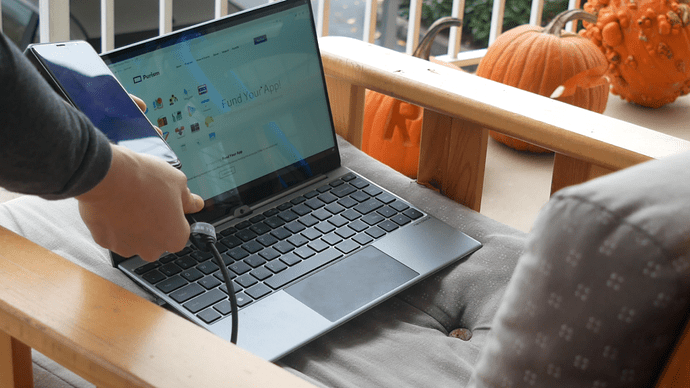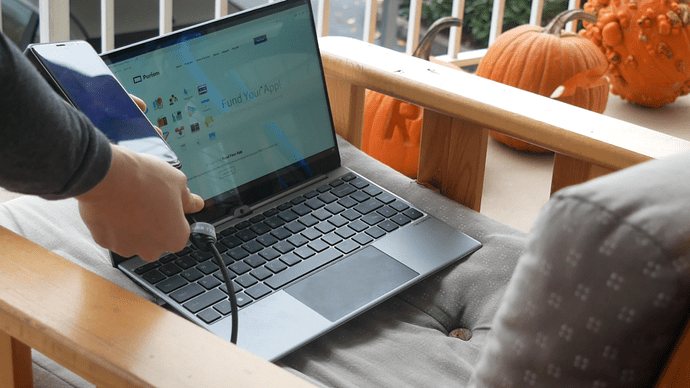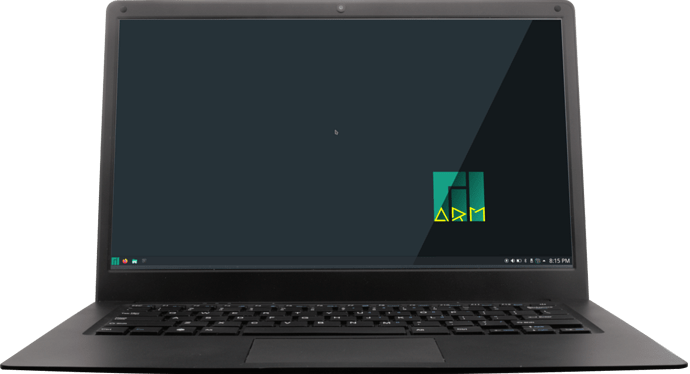First of all I understand you at Purism try to push things forward by the Tesla business model. Meaning you start with the top of the line products then (potentially? if ever) you eventually move down the value chain over time. Like Tesla started with the exclusive Roadster, then the premium Model S, the the midrange Model 3, then moving to the even more affordable Model Y.
You start with premium, high specced Linux laptops but I guess the majority of Linux users don’t really need that much omph on their Linux boxes as Linux is much mode resource efficient than Windows by design. As I’ve hear at the Googleplex many developers use no frills Chromebooks for their work. Quite a few developers need basically nothing more than a terminal and a text/code editor.
Wake me up when you offer a fanless laptop under 1.2 kg. $600 in this category is still considered premium. I understand this highly likely isn’t in your roadmap for the coming decade. You might as well move replace the x86 base with something else sooner.
Anyway, the Bett education conference just takes place with manufacturers showcasing their updated cheap, fanless, but rugged education laptops (with nice housing, keyboard, and MIL-STD grade 810G drop protection for their price points) mostly with 11.6" screens aimed at kids, pardon, school administrators. But these kinds of laptops are ideal for quite a few other people as well, such as road warriors, Linux enthusiasts… or maybe it’s just me?
The five major PC laptop brands who offer something in this category (excluding Apple) are Acer, ASUS, Dell, HP, and Lenovo. With the addition of brands like Samsung who does not have a solid, 11.6" education line but offers the little more unique, 13.3" Notebook Flash in this category right now. Other brands like CTL focus mainly on their education partners for their business and their main products are Chromebooks. But sometimes they offer similarly specced Windows laptops as well. Or I could mention Microsoft with their unique designs as a separate category. Actually a Surface tablet with Gnome would be cool. I consider Gnome to be a touch-oriented OS. Sadly Surface tablets don’t have replaceable batteries, at least not the current generation of the Surface Pro or Surface Go.
My question.
Does any of the major PC brands’ laptops in general, but their cheap, education line particular work noticeably better (or worse) than the rest with free operating systems? What do I mean specifically I heard some of these laptops’ BIOSes are locked down too much. Basically all I need to work is the machine should boot up and I should have a working screen, keyboard, trackpad, and USB. I don’t care about the internal Wi-Fi working or not, that one isn’t a deal breaker to me. I’m perfectly fine with getting my net through USB (wired or wireless), but I don’t want to use an external mouse so I want a trackpad that actually works.
I’m not asking about how to hack a Chromebook’s BIOS to run Linux on it nor do I ask which of the major PC brands’ cheap education laptops have better keyboards, screens, or general build quality. Although the latter could be an interesting, separate topic (if such a discussion still fits this forum).
Actually Star Labs from the UK offers an affordable, 11.6" fanless laptop aimed at Linux users which at least looks good, but they lost me with the shrunken (not full-sized) keyboard. Are you listening, Purism?







